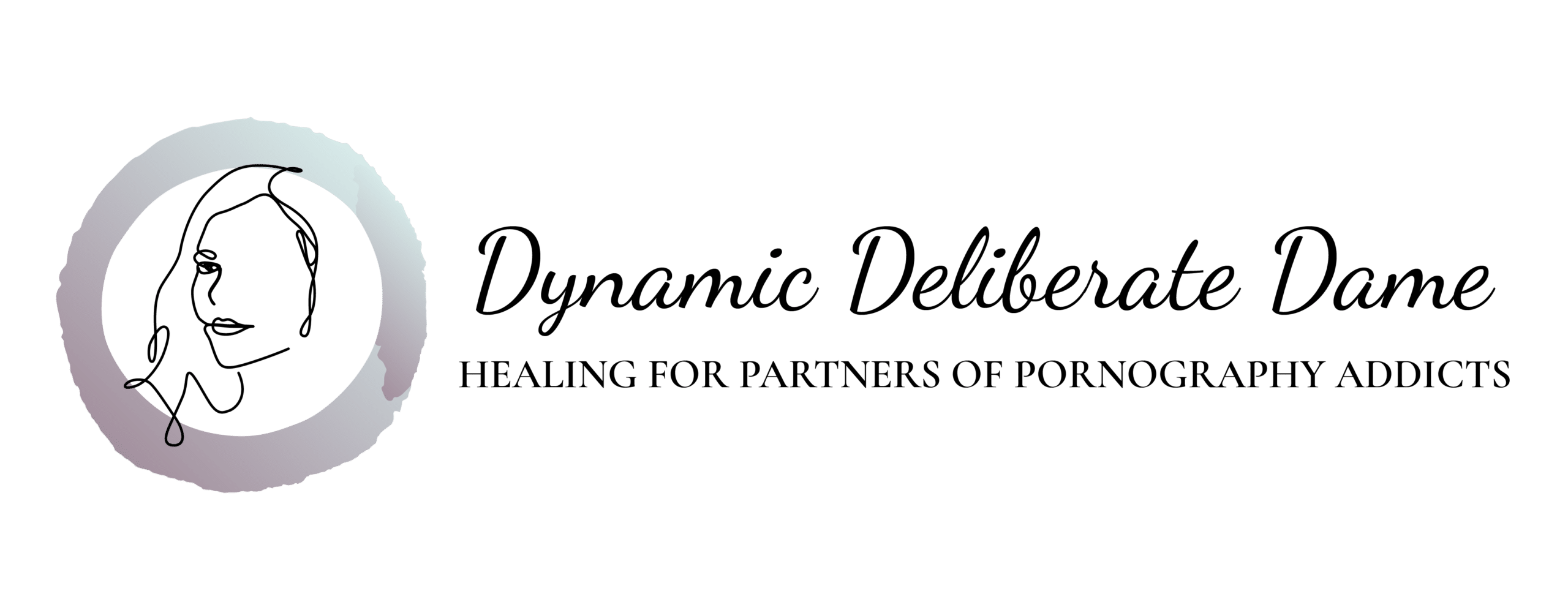For partners, being lied to can be worse than any other part of the whole pornography addiction and discovery situation. We are in disbelief that our husband has a porn addiction and has been hiding it from us. We are in disbelief that we didn’t see the signs. And, we often stay in a state of disbelief even after he has passed a polygraph test, which is typically part of a therapeutic disclosure.
How his lies hurt
As a partner, you are told and can learn to believe that the addiction isn’t about you. However, the lying is aimed directly at you. Your spouse lies to manipulate the situation to get what he wants and make you less sure of yourself. The lying is a deliberate choice on his part and is done completely for his benefit. As your spouse, he is supposed to protect you and lying to your face does not make you feel protected.
The lying makes us start to question everything:
- Is what we know the truth and real?
- What else don’t we know?
- Why didn’t we know about his addiction?
- Will we ever be able to trust again?
My experience with the polygraph test
Polygraph tests can help but it doesn’t take away the history of lies and betrayal. In my own situation, I am not sure what to make of the polygraph test. My husband passed, but the whole disclosure fell short of my expectations. Outside of treatment, we had many conversations about his addiction…when it started, what happened, with who and when. Going in to the disclosure, I knew a ton of information. The polygraph confirmed that what I knew was true. The actual disclosure though, was just a recount of our previous conversations. My husband admitted that he really just disclosed the things we had already talked about because he couldn’t remember anything else to share. His addiction and acting out was fairly extensive and he had lost track of the details. The details were what I needed to establish the truth of what we were dealing with in our relationship.
So the polygraph helped establish that he had told me the truth about those things, but I didn’t learn anything new and he was still able to keep other information from me. The polygraph can help establish facts, but it can’t help establish his thoughts or his feelings. In my case, my spouse couldn’t or wouldn’t share those things with me so even after passing a polygraph test, I still felt somewhat in the dark.
How can a polygraph test help?
Addicts have mastered the skill of lying and in my opinion, one polygraph won’t overcome years of honing that skill at a cost to their partner. However, polygraphs can be somewhat helpful in that they can confirm what you already know. This can serve as a starting point for even thinking about trusting him again. I don’t know about you, but the thought of taking a polygraph even when I have nothing to hide, is a little unnerving. The fact that he did it is encouraging. Hopefully it means that he knows how serious the situation is and that he needs to take serious action. Even though the polygraph can’t answer all of our questions, it can help answer some questions about what we think might have happened so we don’t have to hold onto to those nagging thoughts in our mind.
As a partner who went through multiple discoveries and several years of the addiction – discovery cycle, I think it’s normal to feel like there could be another discovery around the corner. Their choices to engage in recovery and take steps to earn your trust…like a polygraph test…are good signs. Being honest with you is a big part of what is necessary for the relationship to move forward.
That being said, you have to trust your intuition. When something feels off, don’t ignore that feeling. Words, even when they are verified by a polygraph, can be hard to believe coming from an addict who has lied repeatedly. Pay attention to his behaviors and the choices that he makes. Does he do what he says he is going to do in all things, not just related to his addiction recovery?
Your needs are important
Hiding part of his life from you can’t happen anymore. Openness and honesty are things that we need to recover from the betrayal. We want intimacy with our spouse and it can’t happen as long as the lying continues.
Keep in mind that it will take time to rebuild trust and to begin to feel safe in your relationship. One big thing that you can do during this time is to define what you need from him. Do any of these ring true for you?
- You need surveillance on electronic devices (like Covenant Eyes)
- You need a daily check in with open communication between the two of you
- You need to see him engaging in formal recovery activities
It’s okay to say what you need to establish a sense of safety and security for yourself. In the beginning, it can be hard to even know what you need let alone be able to tell someone else. If you are interested in my help exploring this or any area of healing and recovery, my coaching programs may be helpful. Check them out here
*The information contained on this site is not intended or implied to be a substitute for professional medical advice, diagnosis, or treatment. In addition, blog posts may contain affiliate links which means that I may be compensated if you click and make a purchase.

